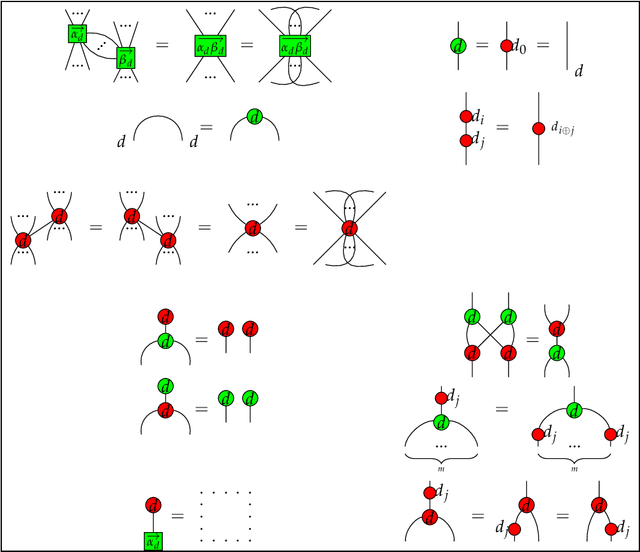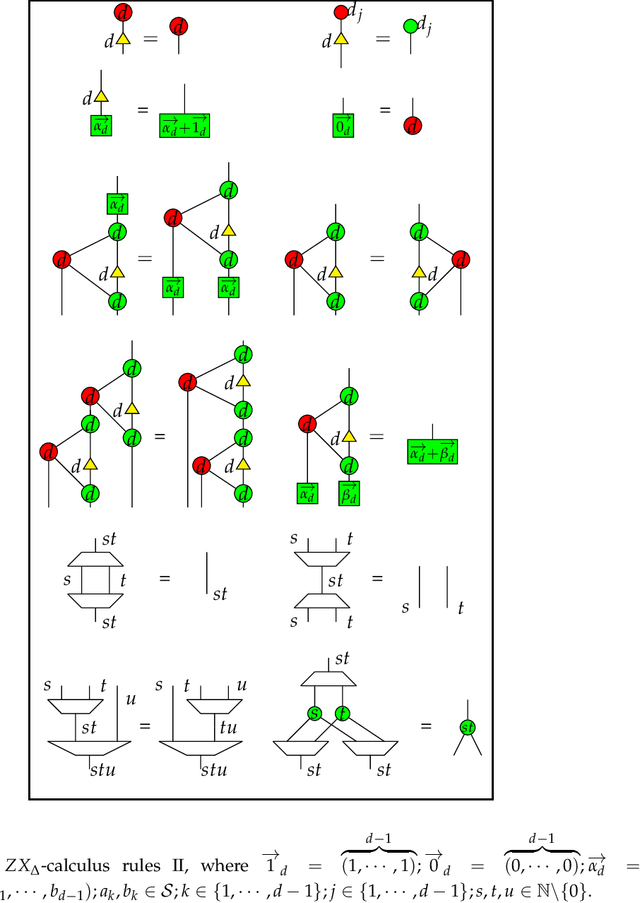A Compositional Model of Consciousness based on Consciousness-Only
Paper and Code
Aug 05, 2020


Scientific studies of consciousness rely on objects whose existence is independent of any consciousness. This theoretical-assumption leads to the "hard problem" of consciousness. We avoid this problem by assuming consciousness to be fundamental, and the main feature of consciousness is characterized as being other-dependent. We set up a framework which naturally subsumes the other-dependent feature by defining a compact closed category where morphisms represent conscious processes. These morphisms are a composition of a set of generators, each being specified by their relations with other generators, and therefore other-dependent. The framework is general enough, i.e. parameters in the morphisms take values in arbitrary commutative semi-rings, from which any finitely dimensional system can be dealt with. Our proposal fits well into a compositional model of consciousness and is an important step forward that addresses both the hard problem of consciousness and the combination problem of (proto)-panpsychism.
 Add to Chrome
Add to Chrome Add to Firefox
Add to Firefox Add to Edge
Add to Edge